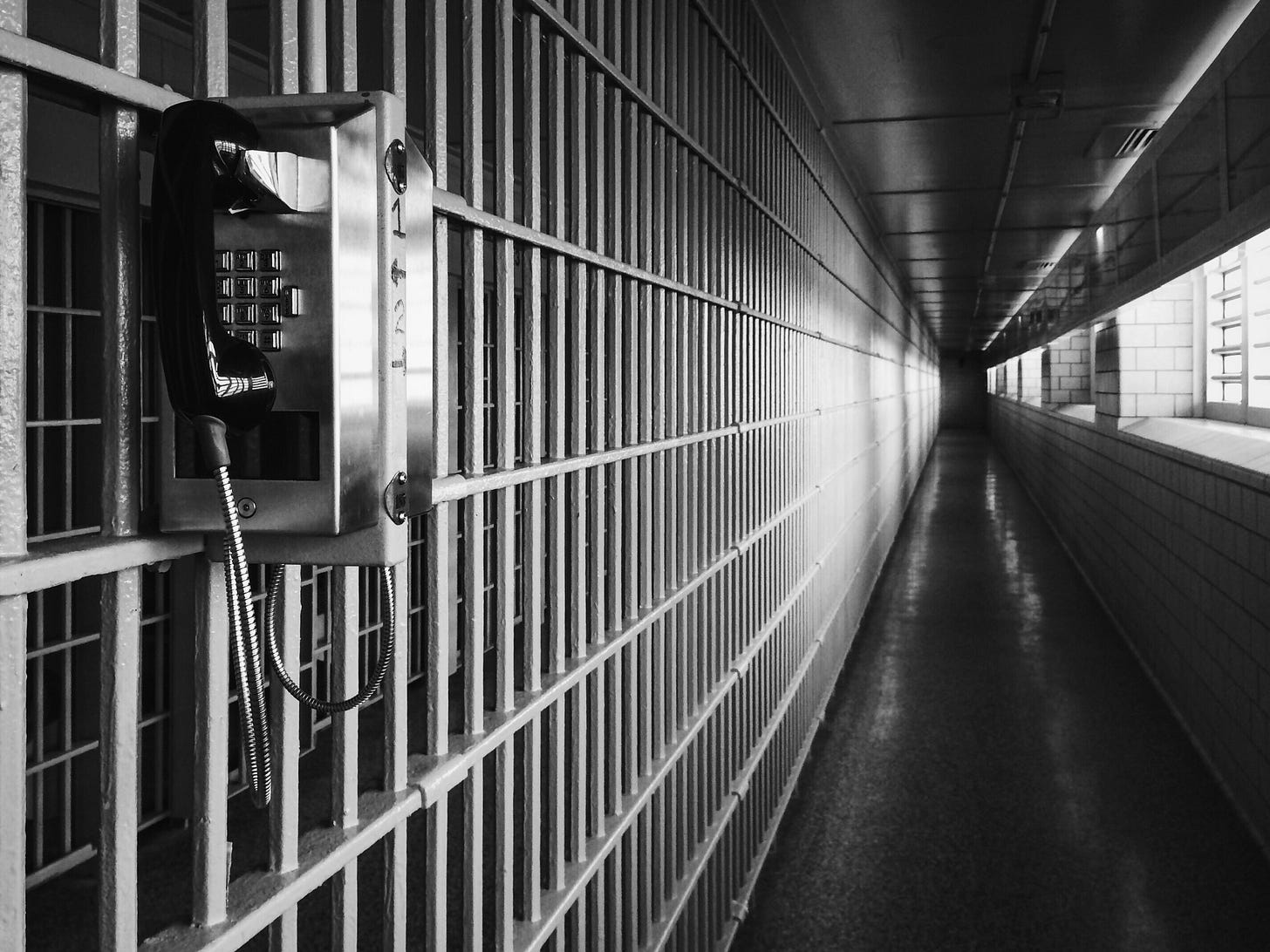The rising cost of living in prison
The price of basic goods and food in prison buy-ups is growing steadily with inflation but there is little if any increase in wages for people in prison.
People in prison in Australia are increasingly cutting back on purchasing basic groceries and goods from buy-up due to rising costs and continually low wages.
Multiple reports by prison inspectors have called on state governments to increase prison wages to better match the increase in prices on buy-ups, and to increase the limit on purchases through this system.
A recent report by the NSW Inspector of Custodial Services based on its inspections of the Kirkconnell Correctional Centre recommended that Corrective Services NSW “put in place a wages system which ensures that inmates are not financially disadvantaged by price increases in buy-up goods”.
At that prison, inmates have access to a grocery buy-up, an activities buy-up and a meat and egg buy-up. The prison imposes a $120 per week limit on groceries, and a $150 monthly limit on activities.
But the price of goods and food through this system has increased rapidly along with inflation in the community, leaving people in prison unable to afford many items at all, and far fewer than they could previously.
“Inflationary pressures are acutely felt by inmates and their families as inmates receive minimum remuneration for the work they perform, and generally rely on external family support to purchase groceries,” the inspector’s report said.
The NSW Inspector has also made similar recommendations following inspections of a number of other prisons in the state.
In response, the state government has said that buy-up prices are reviewed annually “against market and approved suppliers based on CPI”, as are inmate allowances. If the Commissioner determines that an increase in allowances is required, it is then boosted by 25% of CPI.
During an inspection of the John Morony Correctional Centre, the NSW Inspector was told by inmates that the price of canned grocery products had become so expensive and their wages still so low that they were forced to buy cheaper, less nutritious products instead, such as two-minute noodles.
This report found that the overall price of goods in the prison’s buy-up had increased by 3.6% in just four months from December 2022 to March 2023. The cost of toiletries and hygiene had increased from $62.85 to more than $71 weekly, while grocery items jumped from $61.95 to $67.31 in the same time.
Despite these rising costs, those incarcerated in the NSW prison are paid as little as $15.81 per week.
“A 3.6% increase in prices in three months is a lot considering inmates are on weekly wages as low as $15.81,” the report said.
“The costs of products have increased with no corresponding increase in wages or spending caps.
“It seems self-evident that Corrective Services NSW needs to match buy-up price inflation with regular adjustments to inmate wages rather than simply treat the gap between fixed wages they pay to inmates and higher prices as more profit for Corrective Services Industries.”
Those in prison in NSW are paid a maximum of $1.80 per hour to work in prison industries while they are incarcerated. The maximum amount they can earn in a week is $72.42, while the minimum is just over $25, depending on the work they are undertaking.
There is a general buy-up limit of $100 weekly, and $150 per month on activities.
The rising cost of living is impacting people in prison around the country.
One person incarcerated at Tasmania’s Risdon Prison wrote to the About Time newspaper and said that those in that facility are now no longer able to afford nearly anything at all from buy-up.
“Our pay each week has been kept minimum for quite some time despite prisoners raising their voice, there’s nothing being done about it,” they wrote to About Time.
“We barely can afford much on canteen buy-up and they also minimise what we can buy and what we can’t buy.
“The inflation has raised the prices of things, but our payments are kept the same. We can only afford just the basic stuff - toiletries and a few things in the canteen buy-up list. We are all fed up with this.
“On behalf of prisoners, I am hoping to be our voice. We feel powerless.”

